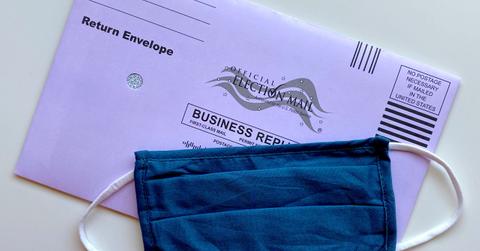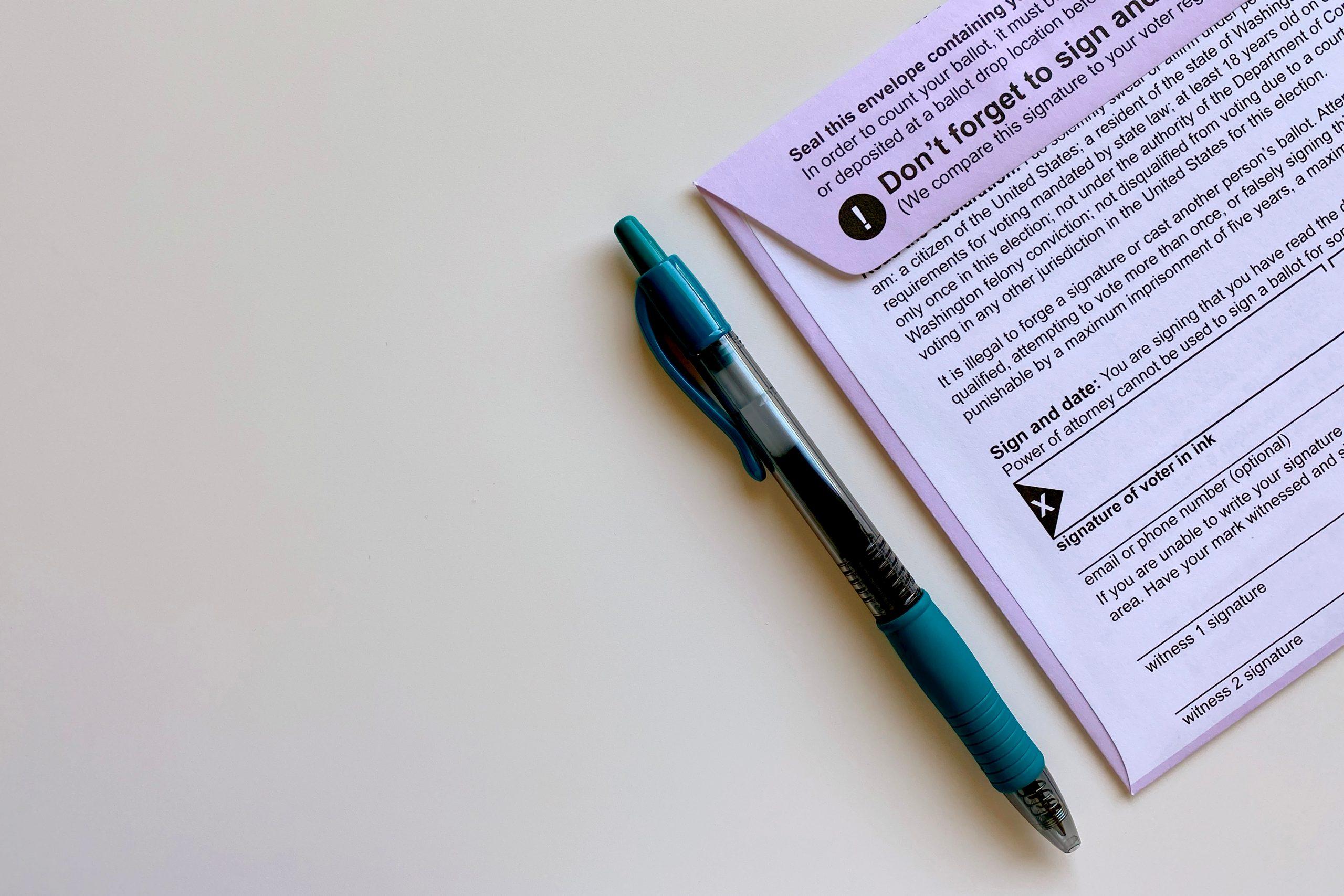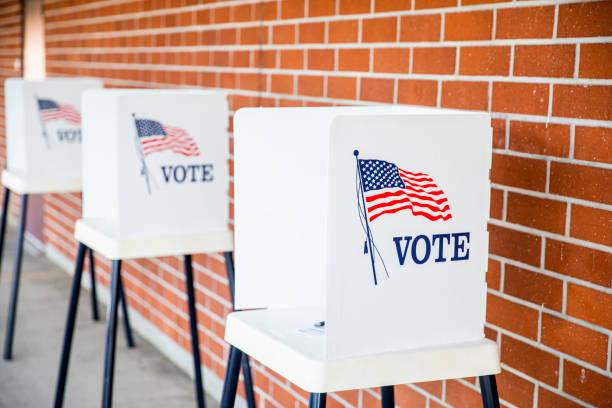How Voter Suppression Is More Rampant Than Voter Fraud

Many Americans think voter fraud is a huge problem in the United States, but that’s not the whole picture of what is really happening during election season. In a Post-ABC poll, 46% of registered voters in the United States believe voter fraud occurs very or somewhat often. Voter fraud occurs when a person submits two ballots under different aliases or manipulate ballots. But, there are legalized forms of manipulating election results or limiting representation that are rampant through the United States, such as voter suppression. Voter fraud is not widespread, though voter suppression is.
Voter suppression is when government officials make voting difficult for groups of people, typically people who identify as a minority. People in “blue” states are often used as examples of rampant voter fraud by government officials. Blue states like California and New York traditionally vote for the Democratic candidate during presidential elections.
The conversation regarding how a citizen can successfully vote in this upcoming presidential election began with the pandemic. Some states, like Washington and Oregon, have elections entirely by mail, even before the pandemic. Those states have fewer voter issues ahead of the November election. Since the pandemic, mail-in ballots are becoming more important for those unable or unwilling to leave their homes to vote. Their reasons, as it relates to the pandemic, include not wanting to spread or get sick from the coronavirus.
Voter Fraud Is Not Rampant Throughout The U.S.

Democrats stress the importance of mail-in ballots for the presidential election. In a tweet from earlier this summer, President Trump worried that their insistence will encourage voter fraud, using an election in New Jersey as an example.
Recently, New Jersey’s attorney general announced voting-fraud charges against four men over allegations involving mail-in ballots during a local election in Paterson. However, this does not account for 19% of the Paterson population, as Trump suggested in his tweet. This specific election fits the description of common misconceptions of fraud. However, this also occurs in “red states” like North Carolina, Louisiana, or states that typically vote for the Republican candidate in presidential elections.
In 2019, a Republican operative in North Carolina was investigated and charged with manipulating results of a Congressional general election. The results were overturned.
Voter Fraud Is Quickly Caught And Dealt With
In both of these cases, the fraud did not tip an election and had a very trivial effect. In the 2016 presidential election, Washington state, which used a mail-in voting system, investigated 74 possibly fraudulent votes out of more than three million votes submitted. Those votes ultimately did not affect the result of the state’s electoral votes, which favored Hilary Clinton.
“Exact Match” System And Valid I.D.
On the other hand, voter suppression is rampant throughout many states because it is legal. In Shelby County v. Holder (2013), the Supreme Court ruled that states have “preclearance,” or do not need federal approval for voting changes. So, reduced early voting among other changes makes it harder for citizens to vote. These rules are legal in states with the longest histories of discriminatory voting, like Georgia.
According to NPR, “the secretary of state’s office in Georgia was blocking [about] 70 percent from African-Americans.” Using an “exact match” system leads to these disparities. With a missing hyphen or using one’s nickname that doesn’t exactly match with that of the I.D., the vote has a higher likelihood of remaining “pending.” People tend to think they’re disqualified from voting when they see that their registration is “pending” and don’t follow-up afterward.
This also disproportionately affects the Native American community in North Dakota, as some live in rural areas and use P.O. boxes as their mailing address. They won’t be considered valid I.D.’s and thus, their vote won’t count.
More Examples Of Voter Suppression

There are other forms of voter suppression besides the “exact-match” system. A politician could combine several districts with similar party interests in a singular one. Then, the district would have less influence on Electoral College results.
In Florida, over a million ex-felons cannot vote until five years after they are released, and are not represented in any elections during that time. Three other states also do not allow ex-felons to vote after their time is served.
Americans tend to emphasize that whatever leaders are chosen are the result of democracy. Albeit true, the methods we use to uphold the original values of democracy need to be reexamined.





